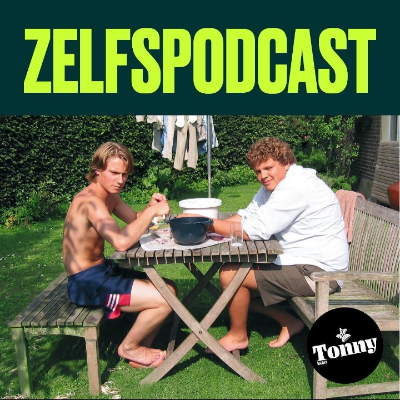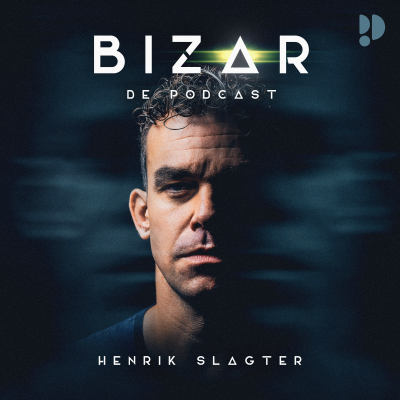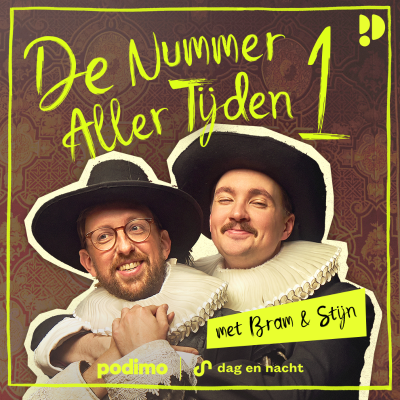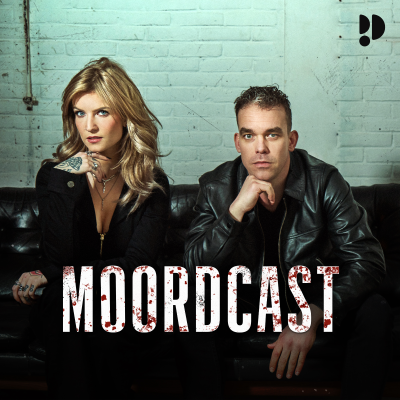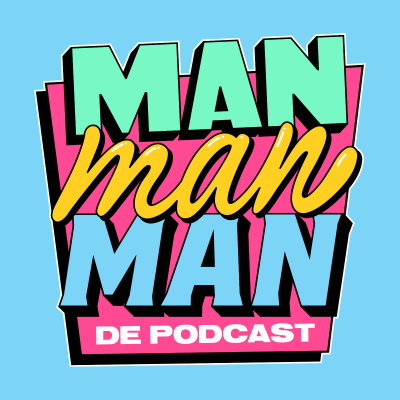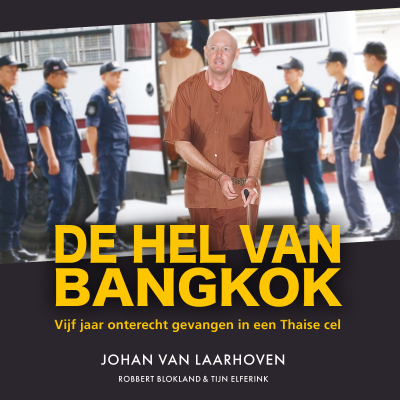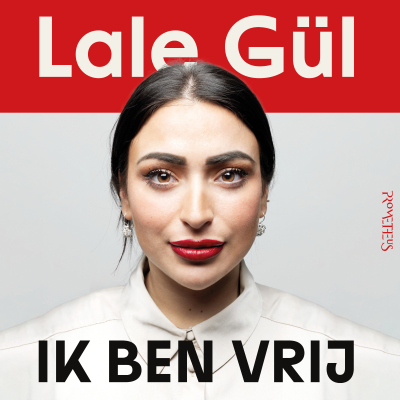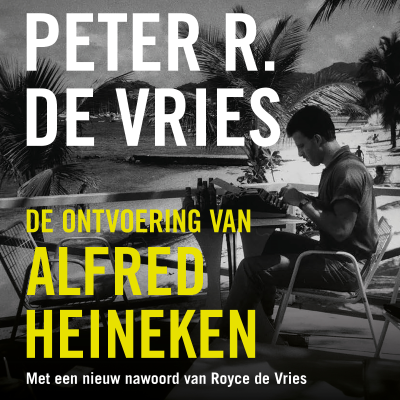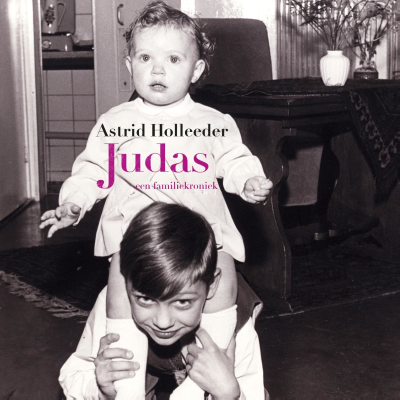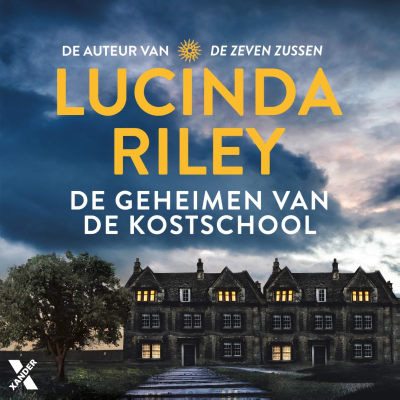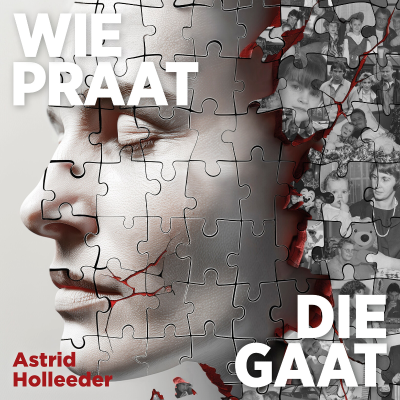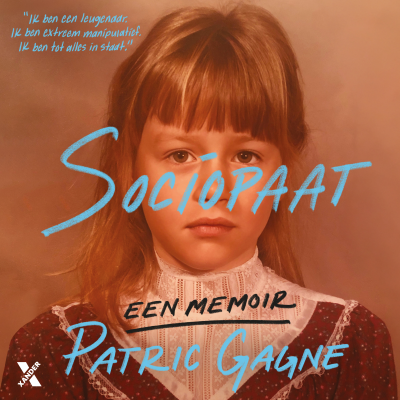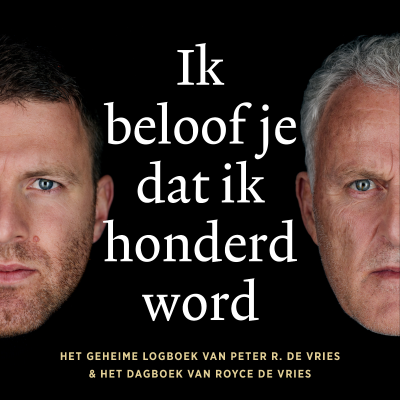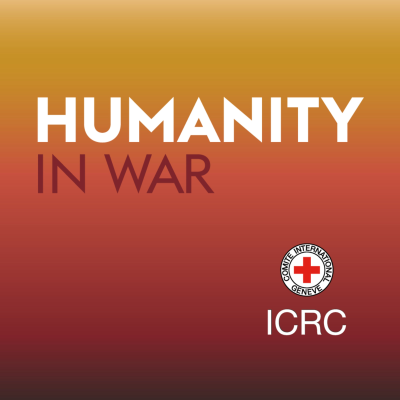
Humanity in War (ICRC)
Podcast door Humanity in War
Humanity in War is the International Committee of the Red Cross (ICRC)'s humanitarian law and policy podcast. Hosted by Elizabeth Rushing, Humanity in War will consult cutting edge thinkers with one overarching question in mind: how can we better leverage international humanitarian law and policy to protect the lives and dignity of people affected by armed conflict and violence? For questions and/or feedback, contact erushing@icrc.org or stxu@icrc.org.
Probeer 7 dagen gratis
€ 9,99 / maand na proefperiode.Elk moment opzegbaar.
Alle afleveringen
18 afleveringenHow do young people today understand and feel about international humanitarian law (IHL) and the policies in place when it comes to armed conflict? It is no surprise that our youth are increasingly affected by war, in a world where situations are becoming more complex. We bear witness to active youth participation in a way we have never seen before – leading and joining protests, documenting and sharing stories on social media, volunteering for various organizations, taking up difficult conversations with decision-makers, and, of course, living through an armed conflict. In this episode of Humanity in War, podcast host Elizabeth Rushing sits down with three incredible young humanitarians- Julie Lefolle, Silvia Gelvez, and Kay von Mérey – who share their perspectives on IHL and humanitarian action, their understanding of the work ahead, and ultimately the hope to carry us forward as we begin a new year.
Since the 7th of October, the world has witnessed a new and unimaginable wave of tragedy unfold across Israel and the occupied territories. As we pass the two-month mark of the intensification of this armed conflict, the armed violence continues to impact civilians minute by minute. As our colleagues on the ground engage in an exceedingly challenging humanitarian context, faced with many challenges and obstacles, podcast host Elizabeth Rushing sat down with Cordula Droege, ICRC’s Chief Legal Officer to discuss how recent developments of this armed conflict are governed by international humanitarian law (IHL). For more information: blogs.icrc.org/law-and-policy/hu…y-in-war-podcast/
Responsibility for maintaining law and order generally falls to civil authorities such as the police and other law enforcement agencies that are equipped, organized and trained for such operations. The primary role of most state armed forces, by contrast, is to protect their country against external threats (international armed conflict, IAC) and to deal with internal, non-international armed conflict (NIAC). However, armed forces may be called upon to support civil authorities where the level of threat, the degree of violence or the scale of the challenge exceeds the capabilities of traditional law enforcement agencies. In essence, this means to protect life, security and property and maintaining the rule of law. Because military forces are often not equipped, organized or trained for such missions, there is a risk they could cause harm to citizens and unnecessary damage to possessions and property. Hence, today I am speaking with two ICRC experts and Colonel Susan Mwanga, from the Ugandan People’s Defence Forces on how military personnel can reduce this risk , as outlined in the latest ICRC handbook, along with .guidance in preparing for and conducting security operations in such a way as to reduce harm to people affected by them. For more information: https://blogs.icrc.org/law-and-policy/humanity-in-war-podcast/
Attacks on and military use of education facilities frequently occur during armed conflict, disrupting and destroying education and the opportunities that it brings. When affected populations lose access to education, they lose the protection it offers to children and young people. Protecting and ensuring access to education during conflict is enshrined in international humanitarian law and is thus a core part of the humanitarian mission. Education protects the children humanitarians work with and prevents their exposure to further risks. It improves mental well-being and healthy development and reduces the risk of abuse and exploitation (child labour, child marriage, sexual abuse and child recruitment). It provides hope, resilience, stability and helps mitigate the risk of armed conflict and violence in the future. This episode features two experts on the life-saving and protecting value of education, a topic with extra importance given the current events we face worldwide today, and bring forth the legal and policy influence of access to education in armed conflict. Read the accompanying blog post here: https://blogs.icrc.org/law-and-policy/protecting-education-from-attack-during-armed-conflict
Persons with disabilities constitute approximately fifteen percent of the global population – a figure that only rises during crises. Armed conflicts, in particular, generate new disabilities, exacerbate the existing barriers faced by persons with disabilities, and expose the whole community to greater harm. Yet, the experiences of persons with disabilities in armed conflict and the effects of armed conflict on this population are sorely understudied. In addition, discussions of the effects of armed conflicts on persons with disabilities have too often failed to include the voices and perspectives of that community. The latest edition of the International Review of the Red Cross (Review) aimed to reshape the landscape, comprising thirty thought-provoking contributions, including many authored by persons with disabilities. In this episode, host Elizabeth Rush sits down with three inspiring experts and activists to take stock of the legal protections (and lack thereof) for persons with disabilities in armed conflicts, and reflect on how to move the legal and policy debates forward in the next few years. Read the accompanying blog post here: https://blogs.icrc.org/law-and-policy/
Probeer 7 dagen gratis
€ 9,99 / maand na proefperiode.Elk moment opzegbaar.
Exclusieve podcasts
Advertentievrij
Gratis podcasts
Luisterboeken
20 uur / maand

